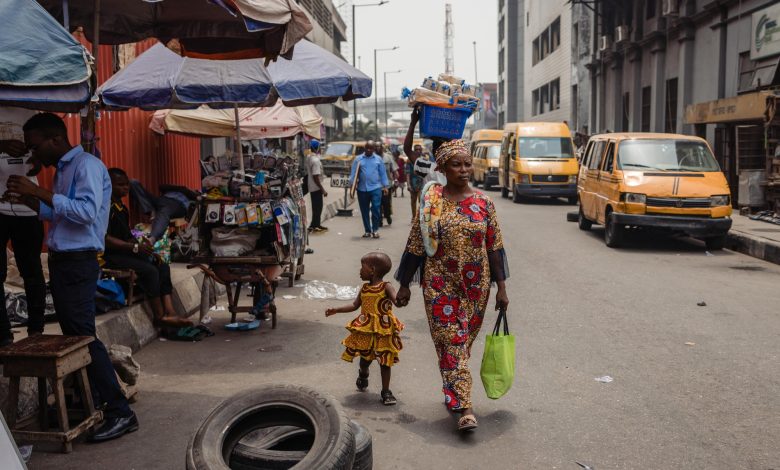
A Daily Sun report indicates that Nigeria’s economic landscape has catapulted over 160 million citizens into the depths of poverty, a significant spike from previous figures, as per the National Bureau of Statistics (NBS).
According to the report, inflationary pressures continue to surge, with the Statistician-General of the Federation, Semiu Adeniran, reporting a relentless climb in headline inflation over ten consecutive months.
October marked a staggering 27.33% inflation rate, a worrisome ascent from September’s 26.72%. Food inflation soared to 31.52%, while core inflation surged to 22.58%, amplifying economic distress across essential sectors.
The spectre of unemployment looms large, exceeding 33%, even after the NBS revised its calculation method. This staggering figure underscores the pervasive hardship most Nigerians face, compounded by economic strains.
Despite these challenges, the Central Bank of Nigeria (CBN) asserted that its monetary policy tightening efforts had yielded results, citing a month-on-month headline inflation rate in October 2023 at 1.73%, marginally lower than September’s rate.
Analysts attribute the economic woes to multifaceted factors. Insecurity has critically hampered food and crude oil production, critical drivers of inflation. Additionally, the removal of petrol subsidies has led to inflated transportation costs.
The currency float arrangement by the CBN has destabilized the financial ecosystem, resulting in a weakened naira. Infrastructural decay, burgeoning sovereign debt nearing N87.38 trillion, feeble exports, and systemic administrative inefficiencies have compounded the crisis.
Finance Minister Wale Edun emphasized Nigeria’s resolve to avoid falling into a debt trap. He adamantly rejected further borrowing, citing the problematic scenario of allocating 98% of revenue to service existing debts while crucial infrastructural challenges still need to be addressed.
Tilewa Adebajo, CEO of CFG Advisory, condemned the government’s economic approach, criticizing the administration for accumulating an additional N30 trillion loan via ways and means financing.
Adebajo highlighted the urgency of curbing inflation to combat stagflation, urging more significant investment in the oil and gas sector to bolster production. He emphasized the imperative role of the private sector in revitalizing the economy, given the federal government’s meagre 8% contribution to GDP.
As Nigeria grapples with these economic trials, stakeholders call for a multifaceted approach, urging prudent fiscal management, robust private sector engagement, and targeted interventions to steer the nation towards financial stability and prosperity.
